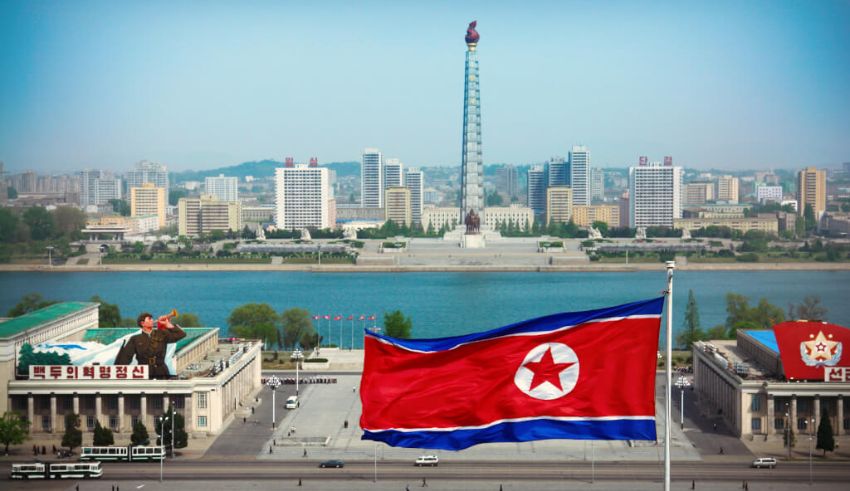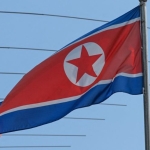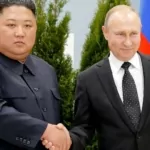
North Korea revealed on Friday its strategic move to restructure its diplomatic operations in response to changing global dynamics. These adjustments, while characterized as standard practice, come amid concerns that the nation is grappling with the economic weight of international sanctions.
The confirmed closures include several embassies, possibly up to a dozen, with affected locations spanning Spain, Hong Kong, and various African countries. This marks a significant shift, accounting for nearly a quarter of North Korea’s missions across the globe.
Why Close the Embassies?
A spokesperson from North Korea’s foreign ministry affirmed the embassy closures while also hinting at the opening of new diplomatic missions. However, specifics regarding these changes were not disclosed.
Keep Reading
North Korea’s pursuit of nuclear and missile programs has led to extensive international sanctions. As a result, the country faces growing difficulties in maintaining business relationships and diplomatic affiliations, especially with nations that once stood as its allies during the Cold War.
In the past, some North Korean embassies have been suspected of participating in illicit activities, which served to generate funds to support their operations and contribute to the country’s finances.
South Korea’s unification ministry, tasked with handling relations with North Korea, interprets these embassy closures as a reflection of North Korea’s financial challenges abroad, a consequence of the broader impact of international sanctions. This situation highlights the complexities and difficulties North Korea faces as it navigates an evolving global landscape.



























